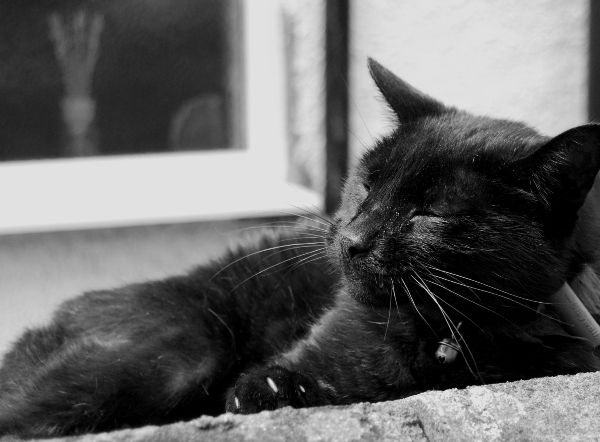I've never made it much further into Brussels than the train station, so visiting the Belgian capital under the guise of attending a conference was an appealing prospect.
I don't tend to meet many Belgians. We have a game in England, "Name Ten Famous Belgians". After Hercule Poirot and Tintin (both fictional characters), it gets hard. Sometimes someone remembers Jean-Claude van Damme ("The Muscles from Brussels"). These days, you can get away with mentioning the first president of the European Council, Herman van Rompuy. After that, you're pretty much into minority sportsmen.
It turns out that Brussels is a very pretty place, unsurprisingly. The way that my French friends and colleagues talk of Belgians, you'd think it was a nation of countryfolk, farming the land and eating bad food. In reality, Brussels is a vibrant city, with great food (if you like mussels and chips), outstanding beer (mostly "Trappist" beer, made in monasteries), world-famous chocolate, and humourous people.
As a testament to their mischievous humour, one of the city's famous landmarks is a statue of a boy, urinating. He is called the "Manneken Pis" (which I'll let you translate for yourself). As if that wasn't enough, they dress him up in small fancy-dress outfits. The day I visited him, he was "Dracula". The day before, he was "Tibetan Monk". In a few days, "Elvis".
I don't see the English doing that with our statue of Lord Nelson, somehow.
The children of the night - what music they make...
But enough of Brussels. My hotel turned out to be right next door to the city's gongfucha outlet, "Nong Cha" [tea-farmer's tea].
Yes, I look like this.
Like Postcard Teas, this shop isn't a catering business - it's set up to sell tea. The owner is a friendly, open-hearted, brusque chap of Nepalese origin. He slams his little cup down on the counter like a Russian swigging vodka. I appreciate his directness.
We drank pu'er.
Like Postcard Teas, Nong Cha isn't really set up to sell pu'ercha. He had about twice as many pu'er products on offer as did Postcard Teas (about eight), but they were mostly shupu. Again, the market to whom city teashops sell isn't conducive to selling aggressive shengpu that needs years to age. His walls are lined with (rather good) wulong and lucha. My colleague bought plenty of yancha, for example. Also like Postcard Teas, the owner didn't count pu'er within his region of expertise, so we spent the time chatting about other teas, and life as a tea drinker in general.
There's not much return value in visiting such shops, apart from the company. In Nong Cha, I was rather left to my own devices, as the owner went about his business. This was fine for me, as I was craving shengpu, but it wasn't the most interactive session I've had. Combined with high prices and small ranges of products (of shengpu), I appreciated the shop for an hour or so, bought a few small cakes, then hit the road, without really feeling an urge to return.








